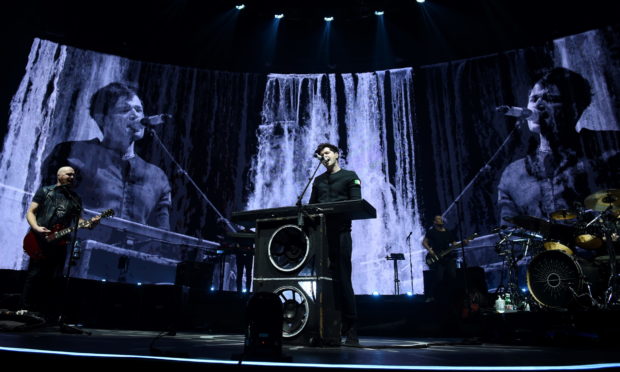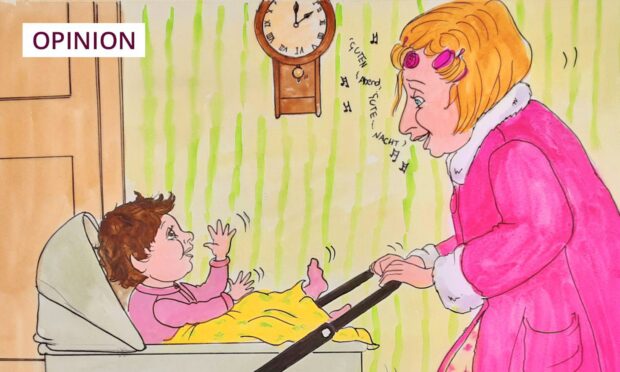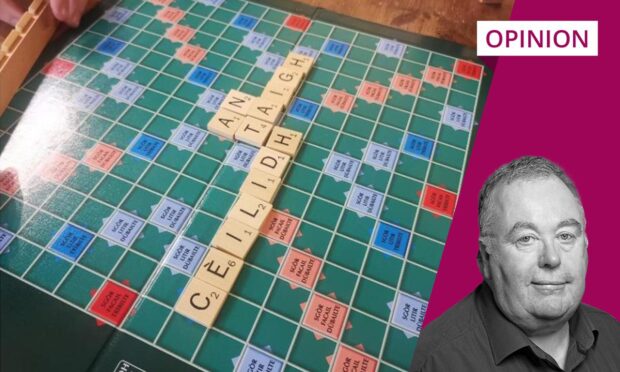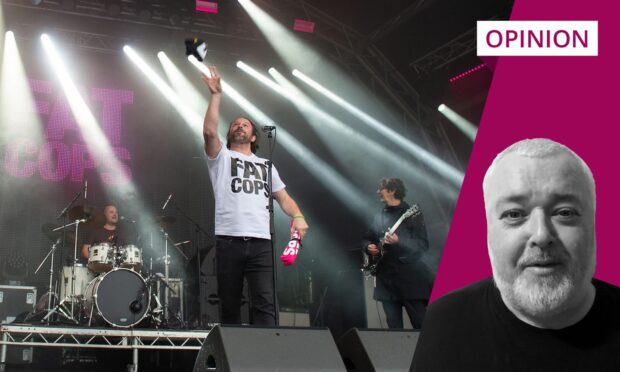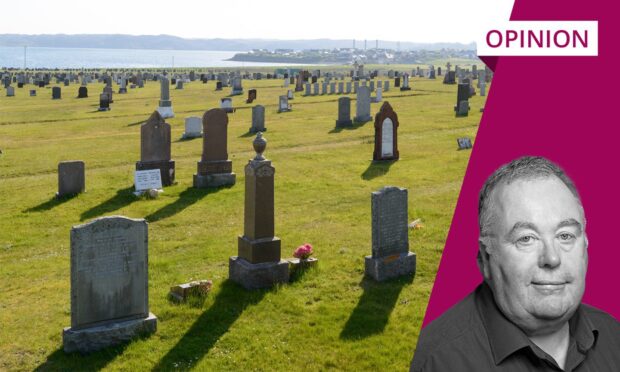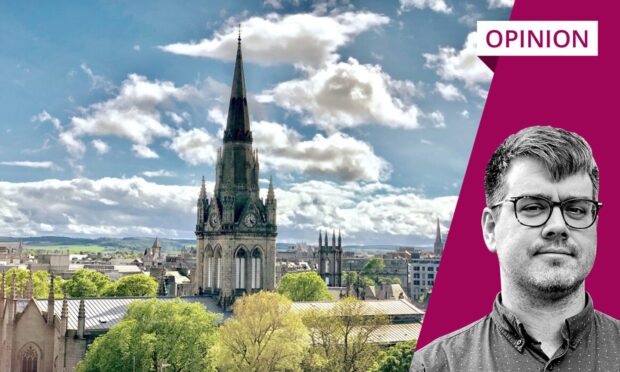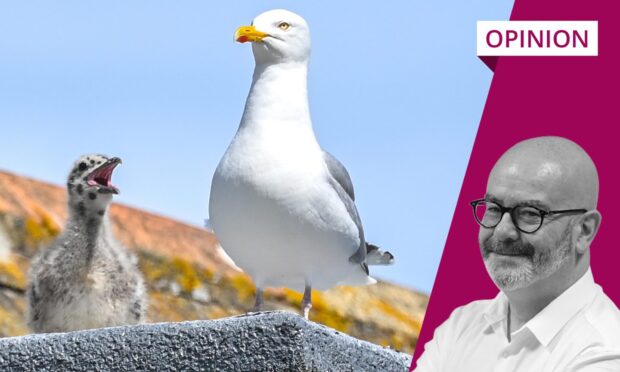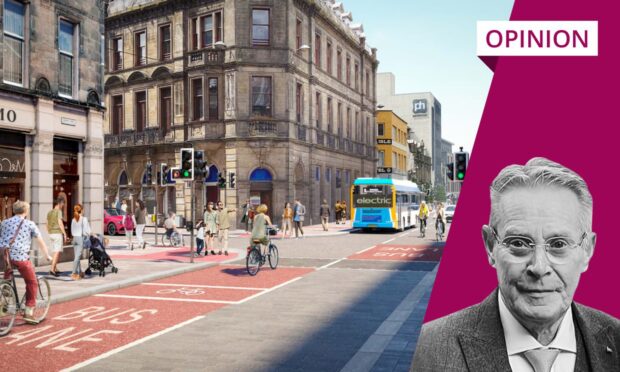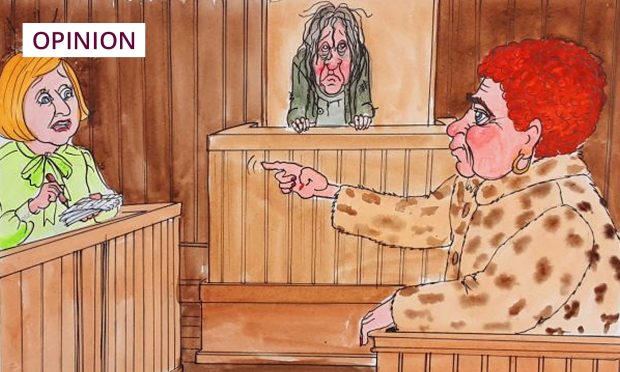It is a common thing that when we refer to education, we often think only of schools and universities.
In fact, great emphasis is often placed on getting to university, ignoring the fact that there is a practical side to life, where we require people who can deal with our plumbing, electrics, building improvements, painting, and gardening to name but a few.
How often have you heard people complain that they cannot get hold of a qualified tradesperson?
Recently, albeit belatedly, governments have started to acknowledge this is a real need and modern apprenticeships have been revived. However there is another issue which affects all our lives but is being destroyed by ignorance during this pandemic.
That is in the field of arts and culture. The beating heart of our UK identity.
Unfortunately, prolonged stringent local government cuts to our education system has meant the loss of teaching in art, drama, music and dance.
Ultimately that cuts off the undoubted wealth of young talent the performing arts desperately need. This is being amplified by the Covid crisis.
Our lives are greatly enriched by visits to the theatre or seeing a new large screen blockbuster movie. People enjoy attending recitals, rock concerts, dance shows, ballet performances and more. These things make our lives better. They have a memorable feelgood factor.
Who hasn’t had their spirits lifted after attending a comedic evening of laughter with some friends? Experts have lauded the benefits to our health and well being brought about by singing. It was recently pointed out to me that playing a musical instrument can help those recovering from strokes, or coping with Parkinson’s.
The arts and entertainments industry contains performers, lighting engineers, sound technicians, people who create stage sets and scenes, roadies to transport equipment, house parents who look after young people – to name but a few crucial jobs requiring a considerable amount of life skills.
Young people who have abilities in acting, singing, dancing, writing, comedy, etc can do well in life.
In Aberdeen this was recognised by Catherine Hollingworth, a speech therapist and child drama pioneer, who in 1956 formed the Aberdeen municipal children’s theatre. She was its director until 1968.
We need this kind of entertainment in our daily lives. How would the six-month lockdown have been bearable without the great series and dramas on TV.
Yet this sector has been decimated by government’s refusal to recognise that performers fall outwith the furlough schemes – and although £7billion has been put into the arts and entertainment, that money has mainly gone to organisations – not participants – who are the life blood of the industry .
There needs to be an appropriate scheme to assist performers and participants.
We also need to reopen our theatres and cinemas.
In Aberdeen we have some great. It cannot be beyond the wit of people to allow them to reopen with social distancing, areas to rehearse, face coverings and financial support.
If these conditions can operate in pubs, restaurants, court rooms and churches, it can work there too.
Regrettably, government ministers Therese Coffey MP and Helen Whately MP suggest that involvement in entertainments may simply be over. And Chancellor Rishi Sunak suggests people in the industry may have to retrain.
This astonishing and callous approach completely misses the point. It’s obviously not understood that the arts is a magnet for creative development. It brings in tourism and furthers international understanding. It is an avenue for talented performers. It was a thriving sector before we were hit by Covid19. If you bankrupt it and lose participants, it will be impossible for that sector to jump back to life.
Imagine if we never saw the likes of Robbie Coltrane, Tilda Swinton, Billy Connolly, Ewan MacGregor, Annie Lennox, Nicola Benedetti, David Tennant. So many famous names who have brought us joy through the performing arts.
The furlough scheme was an emergency broad brush attempt to cover the wages of people in work. That’s why there was an outcry when some very rich football clubs, the luxury fashion business of Victoria Beckham and the wealthy Richard Branson tried to use the scheme. Fortunately, Victoria Beckham changed her mind as did two of the football clubs.
They recognised money from the state coffers, our taxes, was not necessary given their wealth. Regrettably Branson still placed his staff on eight weeks unpaid leave.
Many performers though are freelancers, earning the minimum wage, and they fell through the net and did not qualify for financial help. In the chancellor’s new support for jobs scheme, aimed at preventing the mass unemployment which is likely to follow, we have sadly seen the UK Government place the performing arts into the ‘not viable” category.
Yet the performing arts contribute £10.8 billion to the UK economy. A further £2.8 billion a year is paid into the Treasury via taxation. Seems like a short-sighted policy and a tragic mistake to ignore the arts and culture industry in this country.
It is impossible to put a price on the enrichment and quality of our lives through the performing arts.
A serious targeted rethink is necessary.
